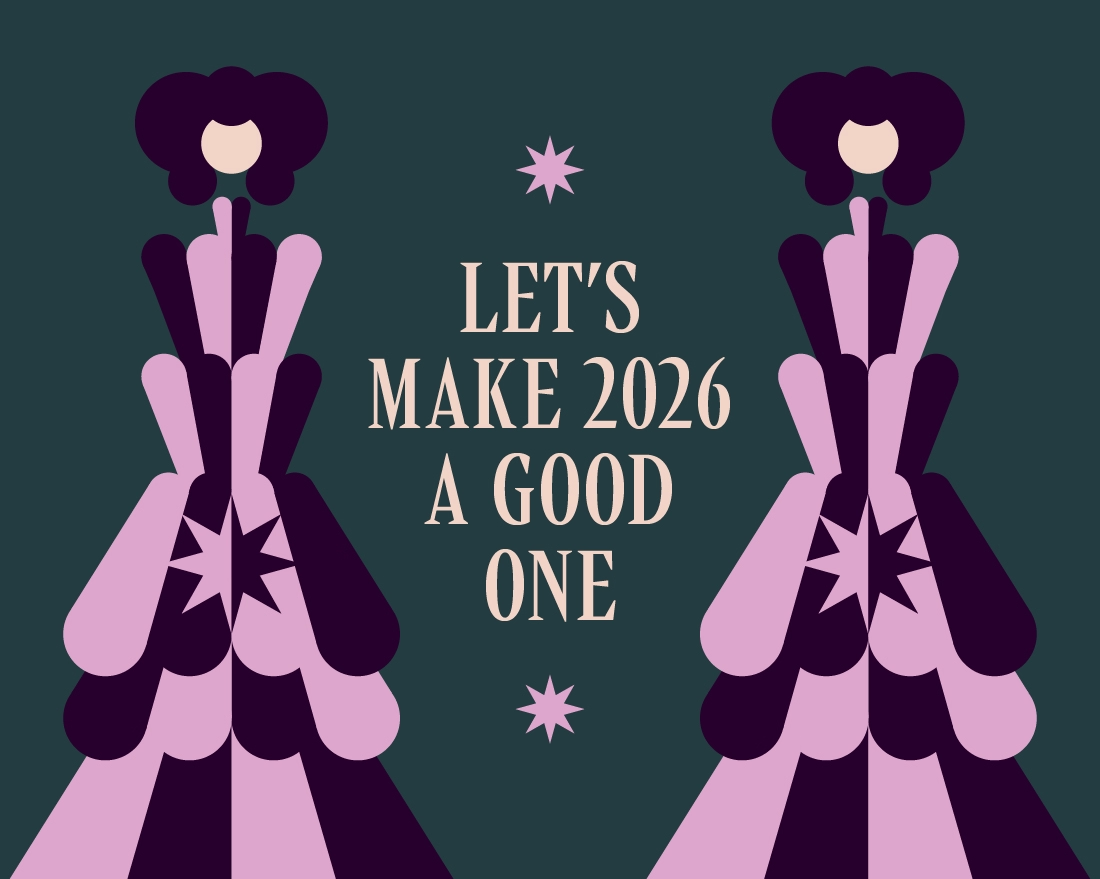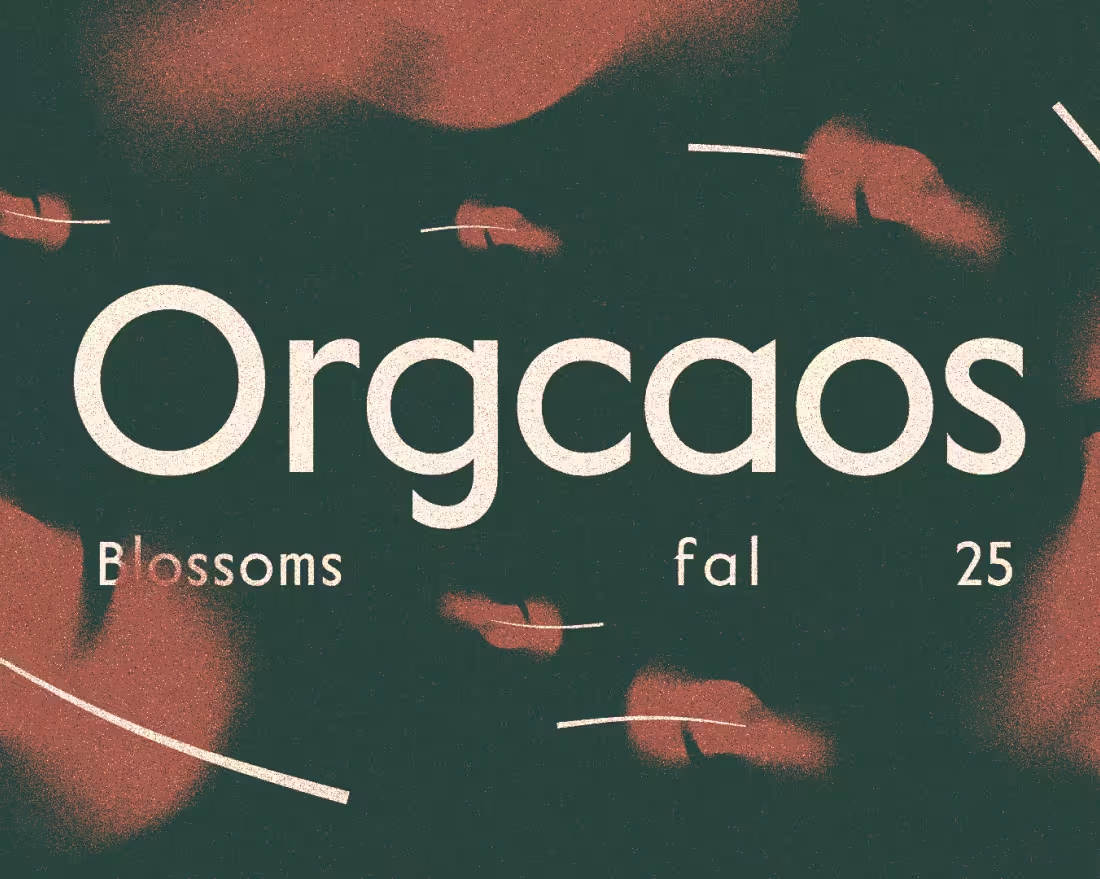No woman. No human.
Time to stop questioning women in leadership
Quick summary: Setting aside all sorts of inequalities faced by women in education, health, pay, and safety, women have always been at the core of society's survival and advancement. Women have led families and have led national movements, such as the 1975 Icelandic women's strike that shut down the country. It is not whether women can lead or not, rather it is about the systems that keep them from rising.

It’s 2025, and yet, we’re still having the same tired debate: Can women be good leaders? The question itself reveals more about societal bias than it does about women’s capabilities.
Women across the world still suffer from systematic disadvantages: lower-quality medical care, poorer-quality education, and paid significantly less for the same work. The inequality is not only economic or educational but also deeply personal. Perhaps the most disturbing statistic of all is that 60% of all female murders are carried out by an intimate partner or family member, a stark reminder of the violence women suffer even in their most intimate relationships.
In spite of such injustices, women have consistently remained the pillars of human civilization. They lead families, communities, and movements, and usually in the wake of battles that men are not forced to confront.
In 1975, 90% of women in Iceland took the day off, from paid employment as well as unpaid work in the home. The country came to a standstill. Banks, schools, and offices were closed. It was a dramatic demonstration of a simple but cogent truth: without women, there is no people. That protest transformed Iceland's destiny and paved the way for more equality between the genders, such as the country's eventual election of the world's first democratically elected female president. It's not that women can be leaders. It's that if women are allowed to lead, societies prosper.
It is time to stop doubting women's capacity to lead and to question the systems that reinforce the barriers against them.
Resources and further reading
1. The EU Roadmap for Women’s Rights: a renewed push for gender equality
2. Legacy and international impact of the 1975 Icelandic Women's Day Off
3. Women in Red Stockings (Documentary)
5. EU gender-based violence survey: Key results
6. Facts and figures: Ending violence against women
7. WHO: Violence against women







